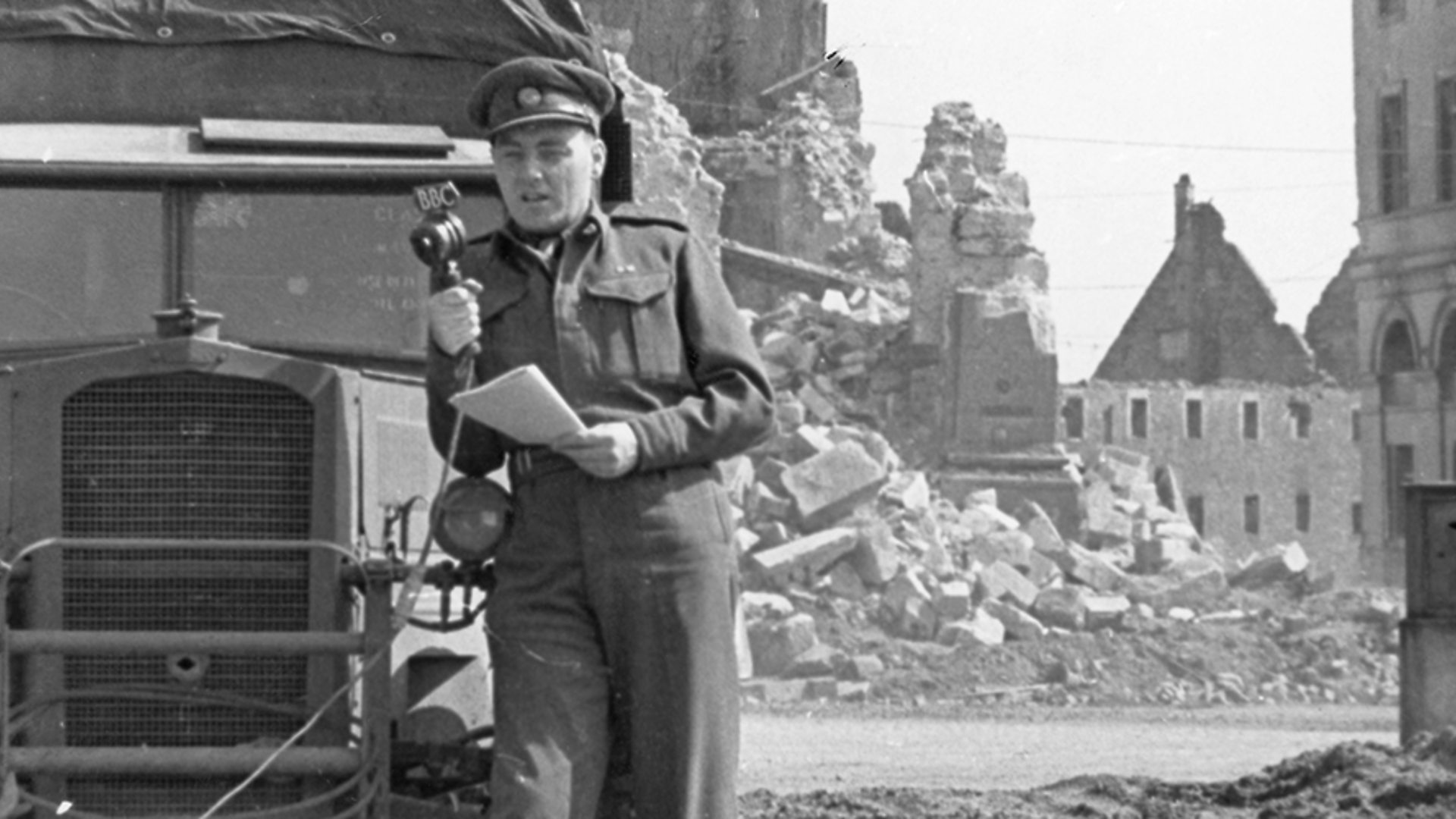(Washington Insider Magazine) -War reporting has changed a lot when compared to the past in recent years. In the past, reporters from reputable organizations grabbed their notebooks, typewriters, and tape recorders before they headed toward a conflicted area. The media groups are now liable if any of their staff get killed. All the reporters are also taking precautions before they start to cover a war story. The increasingly popular practice of embedded journalism has become famous. The reporters of today wear protective gear and only move about in the company of professional soldiers. Here is how reporting war stories have changed in recent years.
Reporters Are Reporting From A Safe Zone
In current conflict zones like Iraq and Afghanistan, Western reporters are attaching themselves to front-line military patrols. This allows them to report the action as it evolves. The advantage of this comparatively sheltered reporting is that it gives them the chance to get minute-by-minute exclusives of evolving conflict.
Reporters are also writing stories from the soldiers’ perspective. Hostile extremist groups, such as al-Qaida, Taliban, and ISIS, have also embedded reporters. There are also foreign invading armies and legitimate targets that have made a great impact on changing the way of reporting.
Embedded journalism became commonplace, and reporters have been welcoming it with open arms. Reporters have now understood that their professional and objective coverage will give the access that is needed to all sources.
A lot changed during the Lebanese Civil War in the mid-1980s. The Shia militias, which were operating under the banner of Iranian-supported Hizbullah, have concluded that kidnapping journalists would guarantee them to get additional media coverage.
Reporting The Reality Is Challenging
Just like so many of my colleagues, it can be difficult to take the challenge of reporting the reality of the war zone. The war zone brushes with death and it might not be possible to get to the root of every issue. Many reporters were kidnapped to get the attention of the media. The war zones are not entirely safe for reporters anymore. This is why they have been taking precautions to maintain their safety. True journalism is lost somewhere because reporters are now making efforts to stay safe on their job.
Many reporters avoid visiting dangerous areas like Kabul, Ghazni, or Kandahar. In the past days, eyewitness accounts were few and most reporters covered incidents that they had seen themselves. Most reporters also report things that are of international interest.
The reporters are only interested in covering the news that will make the best front-page story. Reporting has become a challenge for the rest of the international press corps because they find it hard to find news that they can report. There are times when the news stories covered are not completely true. Some part of the story is not reported due to the journalistic license. The threat of the license being taken away by the big powers stops many journalists from the reality of the war zone.
The Power Of Social Media
The reporters who want to report the truth about war zones and lands are using social media platforms to uncover stories. Some are still grappling with how to fully harness the power of the internet and social media. However, any kind of breaking news story will get instant coverage all across the globe with the help of social media.
Not much can be hidden anymore because the journalists are not only the ones who are reporting the reality. There is no space restriction to share hidden stories. The general public is also sharing news that journalists might not be allowed to share. The power of social media is undeniable and it has left a great impact on the war reporting in the recent years.
This is exactly what happens during the recent terrorist attacks in Dhaka. The videos of the blast were on social media even before the big-budget channels had reported anything about it. The blasts in Brussels and still more recently in Nice and Munich were all over the internet before any local channels reported about it.
Read More: Russia Vs US Nukes: A Comparative Analysis (2022 Updated)
In Dhaka, it was the chef in the kitchen and other survivors who were able to feed information to the world even before the journalists shared any reports. In Brussels, a South African tourist shared information with Reuters. The news was then flashed all across the world. Google, Twitter, Facebook, and other social media platforms have changed the way stories, are being covered.


























